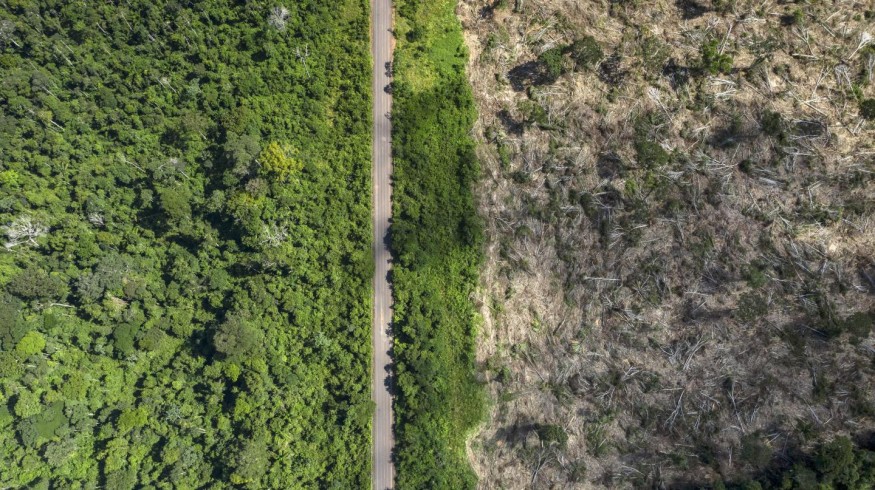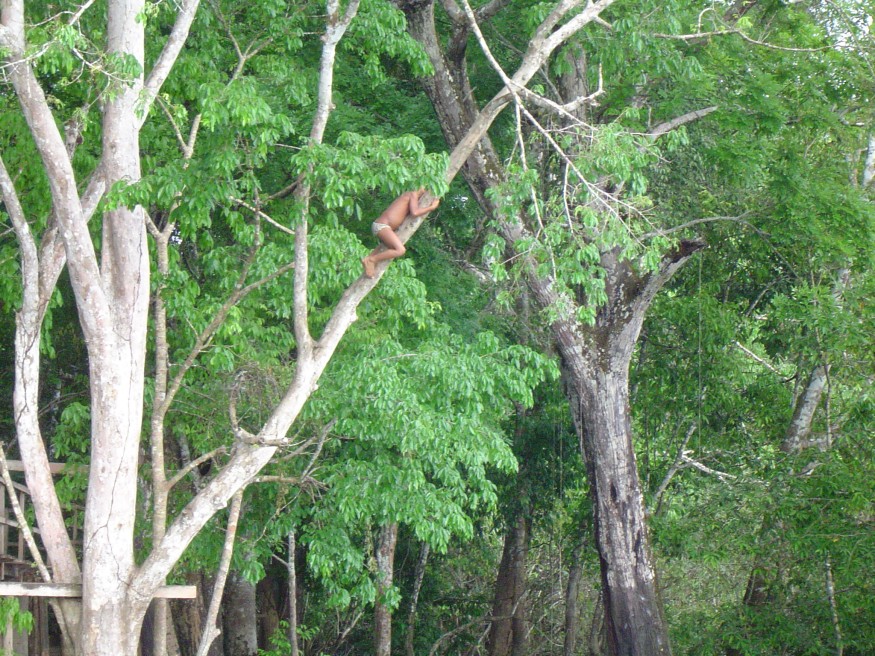According to the Office for Environmental Protection (OEP), environmental tipping points are rapidly approaching in the UK.
Watchdogs Raising Concerns

According to the watchdog, the loss of wildlife, the collapse of fisheries, and lifeless, polluted rivers are all examples of potential tipping points. After Brexit, the OEP was established as a new formal body to hold the government accountable. According to the first report, ministers have demonstrated intention, but action is too slow, which was released on Thursday.
The government issued a 25-year environment plan in 2018. Still, the OEP claims that persistent and alarming decreases continue and that the minister must use the new Environment Act to adopt urgent and coordinated measures.
"We're urging the government to acknowledge that tipping points are rapidly approaching in some locations." Because if it doesn't, it'll be considerably more difficult," said Dame Glenys Stacey, chair of the OEP. "When you're dealing with relatively small numbers [of wildlife species], the effort required to turn things around is enormous and takes a long time."
Ongoing Harms

She brought up the issue of ongoing marine wildlife harm. "At best, progress has been ponderous. However, if the government has the will, it can halt these negative tendencies in major part."
"A sustainable environment is not only good to have; it is important for human well-being, progress, and prosperity," Stacey continued. It will be extremely difficult to turn the tide in this direction, but it is critical for our prosperity, health, and well-being and future generations.
"The first 25-year environment plan was an ambitious attempt to address the environmental concerns, but progress toward achieving that goal has been too slow. "We continue to notice alarming and persistent environmental trends. On the other hand, the government has a unique chance with the Environment Act."
Tipping Point
A tipping point arises when a very steady and continuous decline suddenly becomes catastrophic, said Simon Brockington, the OEP's chief insights officer. We're experiencing long-term biodiversity reductions, and we want the government to do something about it. We've seen several cases of fish stocks collapsing due to serially raising capture quotas above catch limitations over time."
He also mentioned seafloor trawling, which he claims "destroys the ecosystem's integrity," and fertilizer and livestock dung pollution of cropland and waterways. "Those are the tipping factors I would highlight," he said.
According to Natalie Prosser, the UK is one of the world's most biodiversity-depleted countries, with air pollution causing tens of thousands of fatalities each year. "Climate change has an impact on the environment and biodiversity. We're approaching a huge turning point."
Governmental Shortcomings
She claimed that the government had failed to meet several environmental goals and that funding for environmental monitoring had decreased in the recent decade.
The OEP report identifies six "building blocks" for saving the environment in the UK, including a complete assessment of the health of the environment, a commitment to action from all government departments, long-term legally binding targets, and accountability for meeting those targets.
"The foundations must be firmer, clearer, and heavier, and they must be followed with true commitment and intent," Stacey added. "Many environmental issues take decades to manifest, and the government is always under more urgent demands." As a result, if we're not careful, the environment will always come second. We'll repent the day we don't assess the situation and address it."
"It's been ten years since the government vowed to pass on the environment in better form - ten years in which biodiversity has continued to diminish," said Richard Benwell, the head of Wildlife and Countryside Link, a partnership of 65 environmental and conservation groups. The OEP provides a straightforward challenge: "that broad ambition must now be grounded in ambitious targets and a swift delivery approach."
"Despite the early promise of the 25-year environment plan, the government has been significantly dragging its heels," said Joan Edwards of the Wildlife Trusts. Targets for reversing nature's decline are so modest that we may have even less wildlife in 20 years than we do now. The OEP's measures give a framework for the administration to follow through on its commitments, but we need far more political willpower."
Recognizing the Study
"We welcome this study, which recognizes that our Environment Act provides us new instruments to make a meaningful impact on our environment, putting it at the heart of government and transitioning us to a sustainable future with nature on the mend during this decade," Environment Minister Rebecca Pow said. We're presently holding consultations on legally mandated environmental goals, including a world-leading goal of halting species decrease by 2030."
For more environmental news, don't forget to follow Nature World News
© 2026 NatureWorldNews.com All rights reserved. Do not reproduce without permission.





